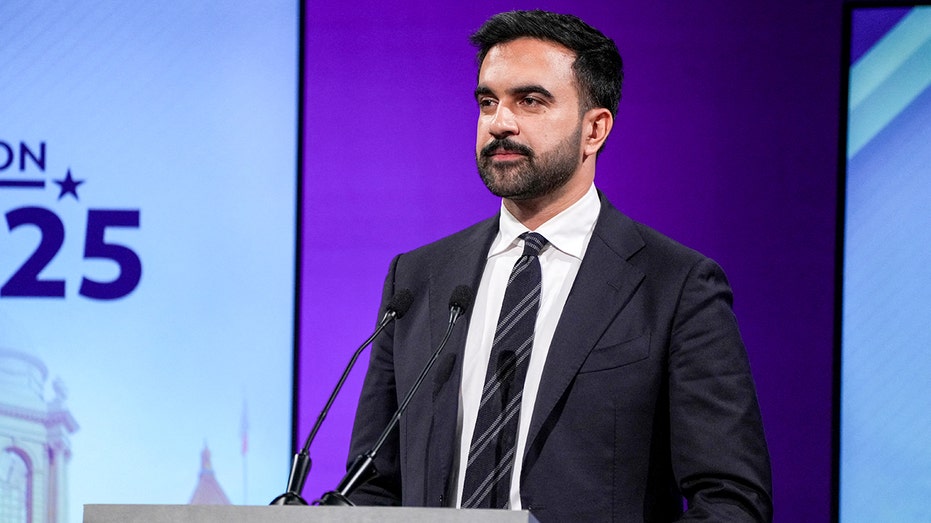A fragile hope for direct communication flickered to life this weekend as the United States and China announced plans to establish dedicated military channels. Secretary of War Pete Hegseth revealed the agreement following a conversation with China’s Minister of National Defense, Admiral Dong Jun, a dialogue spurred by recent meetings between Presidents Trump and Xi Jinping.
The core message emerging from the discussion was a shared desire for stability. Both leaders voiced a preference for “peace, stability, and good relations” between the two nations, recognizing the immense consequences of miscalculation or escalation. The newly proposed communication lines are intended to prevent precisely that – a critical safety valve in a region brimming with tension.
However, the pursuit of peaceful dialogue doesn’t mask underlying concerns. Hegseth simultaneously delivered a pointed message to Southeast Asian nations, urging resistance against what he characterized as Beijing’s increasingly assertive behavior in the South China Sea.
The South China Sea remains a volatile flashpoint, a complex web of overlapping territorial claims involving China, the Philippines, Vietnam, Malaysia, and Brunei. Recent clashes between Chinese and Philippine vessels highlight the precariousness of the situation, with Beijing openly labeling the Philippines a “troublemaker” for its alliances with the U.S. and its allies.
Hegseth directly challenged China’s claims, specifically referencing the Scarborough Shoal – seized from the Philippines in 2012 – and Beijing’s attempt to rebrand it as a “nature reserve.” He framed this as a deliberate tactic to justify expanded territorial control and exert undue influence over neighboring countries.
To bolster regional security, Hegseth called on the Association of Southeast Asian Nations (ASEAN) to finalize a long-awaited Code of Conduct with China. He also proposed a collaborative “shared maritime domain awareness” network and rapid-response systems, designed to ensure that any ASEAN member facing aggression would not be isolated.
The Secretary of War expressed strong support for an upcoming ASEAN-U.S. maritime exercise scheduled for December. This joint operation aims to enhance coordination and safeguard freedom of navigation – a vital principle in a region where control of vital sea lanes is fiercely contested.
The establishment of direct military communication, while a positive step, exists alongside a clear message of resolve. The United States appears determined to support its allies and counter what it perceives as China’s attempts to dominate the South China Sea, navigating a delicate balance between dialogue and deterrence.






